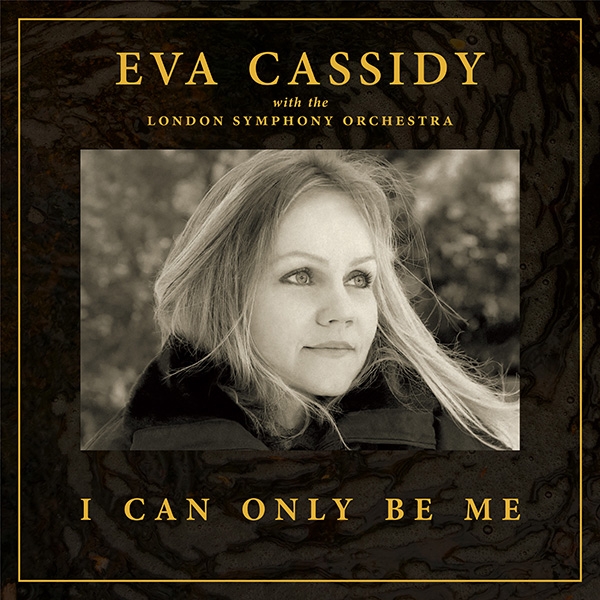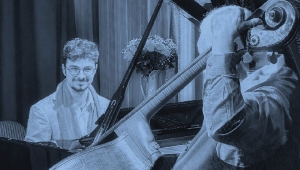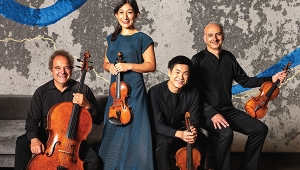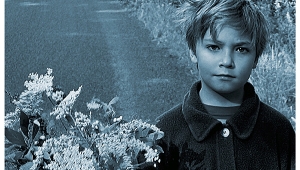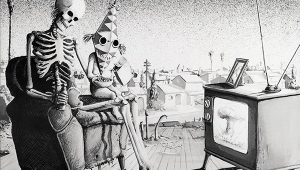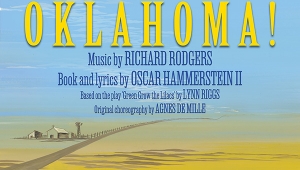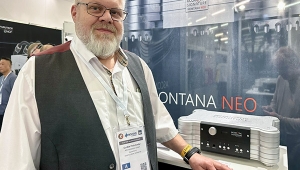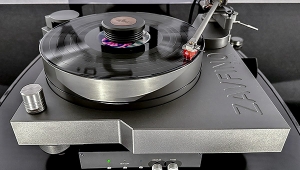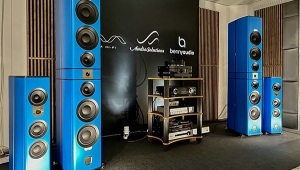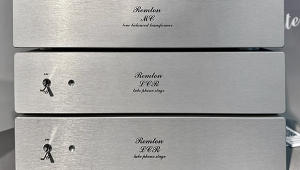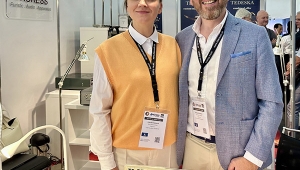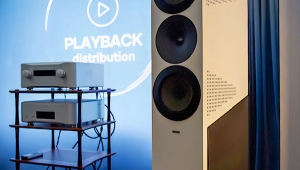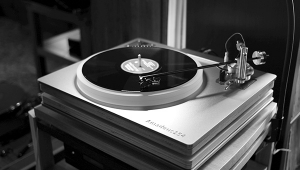| Columns Retired Columns & Blogs |
I was knocked out when I first heard this release as prompted from a AVS forum member. I have been a fan since Live At Blues Alley and this album with members of the LSO is a tremendous engineering project and showcases the benefits of what digital can do when called upon.
I have recommend this to many friends and acquaintances and they are knocked out as well. A tremendous achievement.
I will be checking out the Chet Baker release within the week. Your writers have hit some homeruns lately.
I have also landed upon a pair of KEF Q 350's as my new speakers as they are clarity champs and just what I need. The audition of the Meta's was great, but way more than I needed considering I use headphones 90% of the time. But it was time to retire my old 25+ year old AR 15's. I will gift them to a new home.
